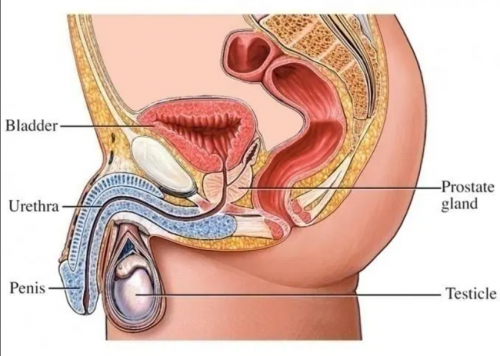Prostate Surgery
- Home
- Service
- Service Details
The prostate is a small gland located under the bladder and in front of the rectum. The bladder holds your urine. The urethra runs through the centre of the prostate from the bladder till the penis, letting urine flow out from the body.
The gland’s main function is to produce fluid for semen to nourish and transport sperm cells. The prostate secretes fluid that nourishes and protects sperm. During ejaculation, the prostate squeezes this fluid into the urethra, and it’s flushed out with sperm as semen.
Benign Prostate Hyperplasia -
Benign prostatic hyperplasia (BPH) is an enlarged prostate gland. The prostate gland surrounds the urethra. Urethra is the tube that carries urine from the bladder out of the body. As the prostate gets bigger in size, it might squeeze or partly block the urethra. This often can cause problems with urination.
Benign prostatic hyperplasia occurs in almost all men as they grow old. This is not a cancer. But an enlarged prostate can become a nuisance. Generally, it’s not a serious problem. About half of all men older than 75 have some symptoms.
Benign prostatic hyperplasia is also known as benign prostatic hypertrophy.
What causes Benign prostatic hyperplasia?
Benign prostatic hyperplasia is probably a normal part of the aging process in men, caused by changes in hormone balance and in cell growth.
What are the symptoms?
Difficulty in passing urine.
Weak urinary system.
Terminal Dribbling.
Frequency of urine.
Urgency.
Nocturia (Night time urinary frequency, etc.)


